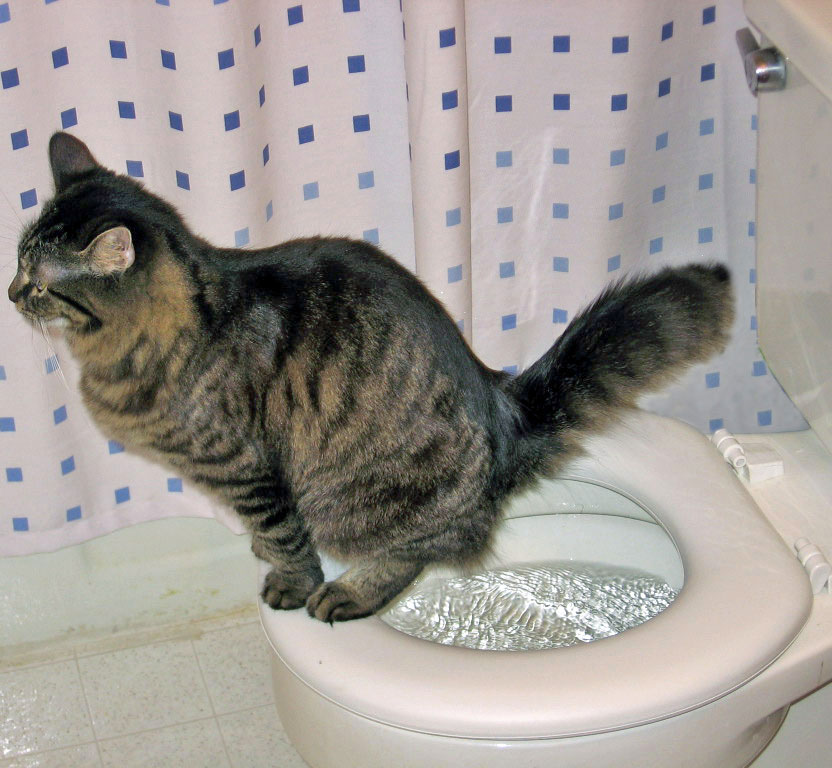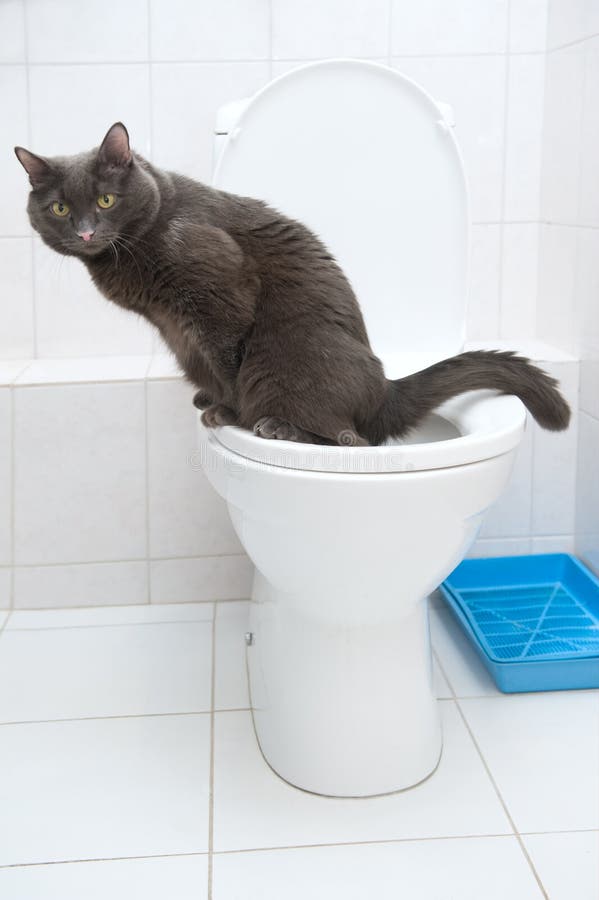Reasons Flushing Cat Poop Down Your Toilet Can Cause Problems - Tips for Safe Handling
Reasons Flushing Cat Poop Down Your Toilet Can Cause Problems - Tips for Safe Handling
Blog Article
Almost everyone will have their unique assumption with regards to Don’t flush cat feces down the toilet.

Intro
As feline proprietors, it's essential to be mindful of exactly how we throw away our feline close friends' waste. While it might appear hassle-free to purge pet cat poop down the bathroom, this method can have damaging repercussions for both the atmosphere and human health.
Alternatives to Flushing
Fortunately, there are more secure and extra accountable methods to dispose of feline poop. Take into consideration the complying with choices:
1. Scoop and Dispose in Trash
The most usual method of disposing of feline poop is to scoop it into a biodegradable bag and toss it in the trash. Make certain to utilize a dedicated trash inside story and throw away the waste promptly.
2. Use Biodegradable Litter
Go with biodegradable feline trash made from products such as corn or wheat. These litters are environmentally friendly and can be safely taken care of in the trash.
3. Bury in the Yard
If you have a yard, consider burying feline waste in an assigned area away from vegetable gardens and water sources. Be sure to dig deep enough to stop contamination of groundwater.
4. Set Up a Pet Waste Disposal System
Invest in a pet dog garbage disposal system specifically made for feline waste. These systems use enzymes to break down the waste, lowering odor and ecological impact.
Wellness Risks
In addition to ecological concerns, purging cat waste can likewise posture health dangers to people. Pet cat feces may include Toxoplasma gondii, a parasite that can create toxoplasmosis-- a possibly severe disease, particularly for expecting females and individuals with weakened immune systems.
Environmental Impact
Flushing feline poop introduces dangerous virus and bloodsuckers right into the water, posturing a substantial threat to marine ecological communities. These impurities can adversely influence aquatic life and compromise water quality.
Verdict
Liable family pet ownership extends past supplying food and shelter-- it additionally entails appropriate waste management. By avoiding flushing pet cat poop down the bathroom and opting for different disposal techniques, we can minimize our ecological footprint and secure human health.
Why You Should Never Flush Cat Poop Down the Toilet
A rose by any other name might smell as sweet, but not all poop is created equal. Toilets, and our sewage systems, are designed for human excrement, not animal waste. It might seem like it couldn’t hurt to toss cat feces into the loo, but it’s not a good idea to flush cat poop in the toilet.
First and foremost, assuming your cat uses a litter box, any waste is going to have litter on it. And even the smallest amount of litter can wreak havoc on plumbing.
Over time, small amounts build up, filling up your septic system. Most litter sold today is clumping; it is made from a type of clay that hardens when it gets wet. Ever tried to scrape old clumps from the bottom of a litter box? You know just how cement-hard it can get!
Now imagine just a small clump of that stuck in your pipes. A simple de-clogger like Drano isn’t going to cut it. And that means it’s going to cost you big time to fix it.
Parasitic Contamination
Believe it or not, your healthy kitty may be harboring a nasty parasite. Only cats excrete Toxoplasma in their feces. Yet it rarely causes serious health issues in the cats that are infected. Most people will be fine too if infected. Only pregnant women and people with compromised immune systems are at risk. (If you’ve ever heard how women who are expecting are excused from litter cleaning duty, Toxoplasma is why.)
But other animals may have a problem if infected with the parasite. And human water treatment systems aren’t designed to handle it. As a result, the systems don’t remove the parasite before discharging wastewater into local waterways. Fish, shellfish, and other marine life — otters in particular — are susceptible to toxoplasma. If exposed, most will end up with brain damage and many will die.
Depending on the species of fish, they may end up on someone’s fish hook and, ultimately on someone’s dinner plate. If that someone has a chronic illness, they’re at risk.
Skip the Toilet Training
We know there are folks out there who like to toilet train their cats. And we give them props, it takes a lot of work. But thanks to the toxoplasma, it’s not a good idea.

Hopefully you enjoyed reading our topic on How to Dispose of Cat Poop and Litter Without Plastic Bags. Many thanks for taking a few minutes to browse our content. Sharing is nice. Helping others is fun. I am grateful for your time. Come back soon.
Click Here Report this page